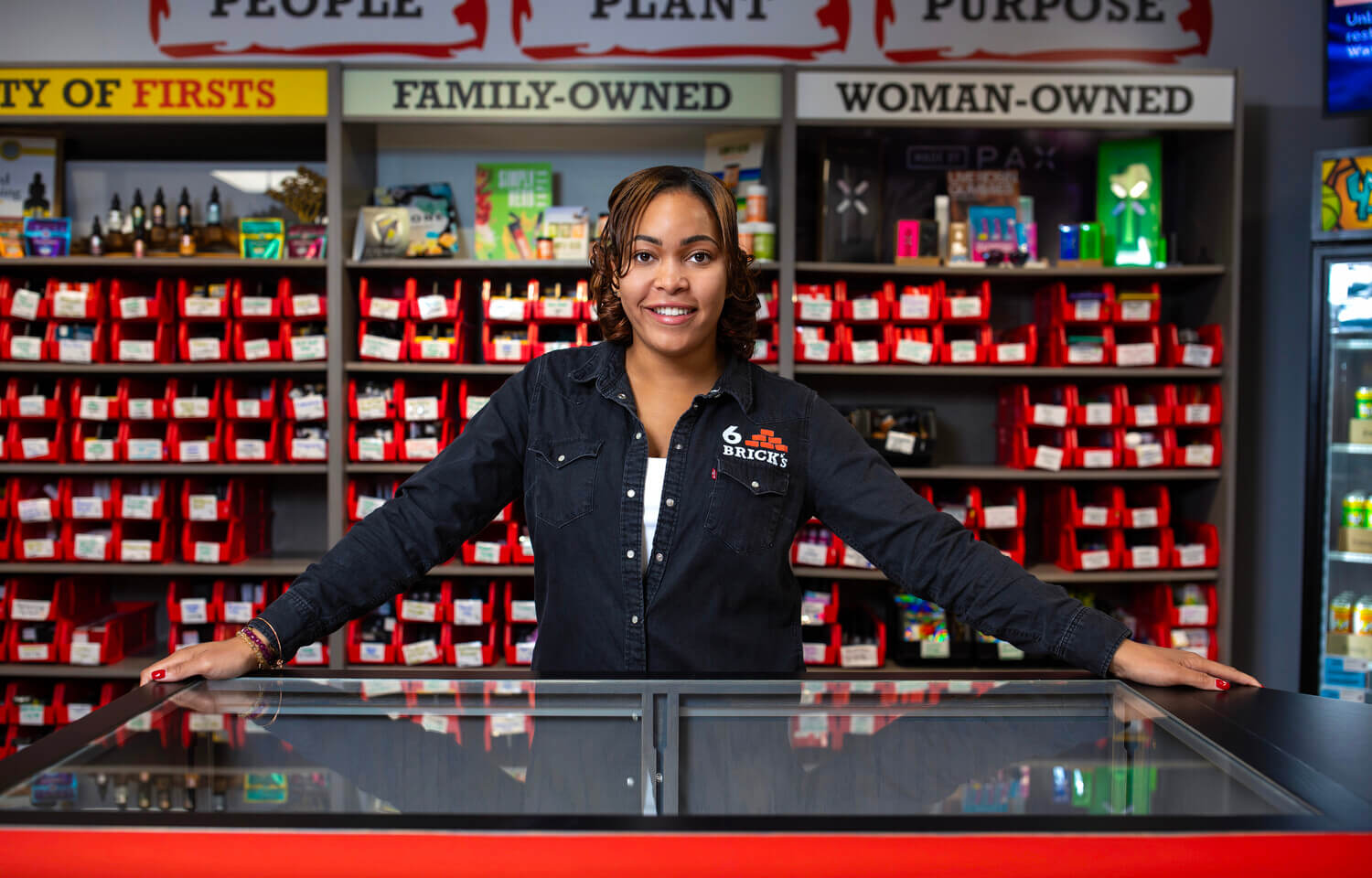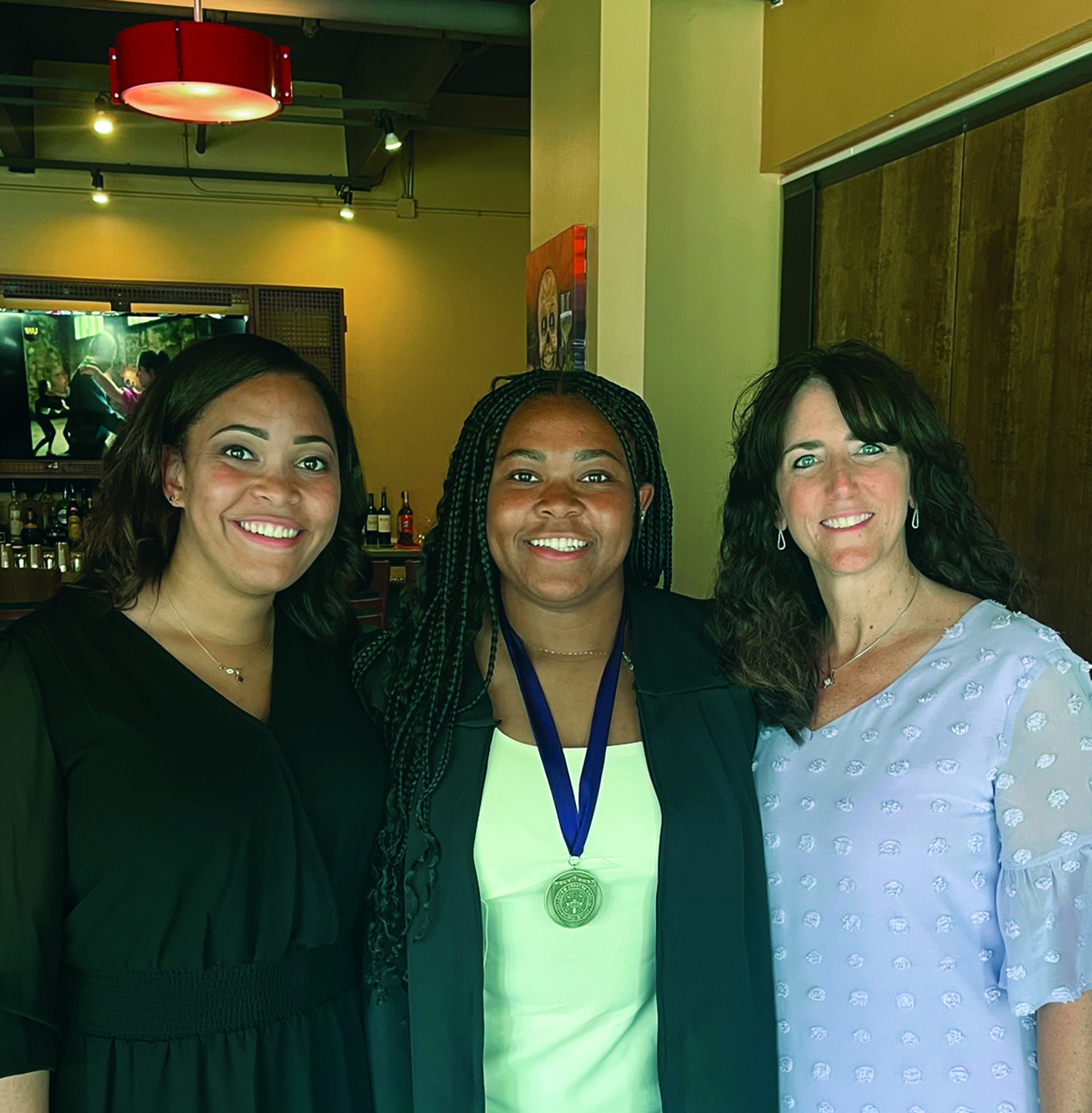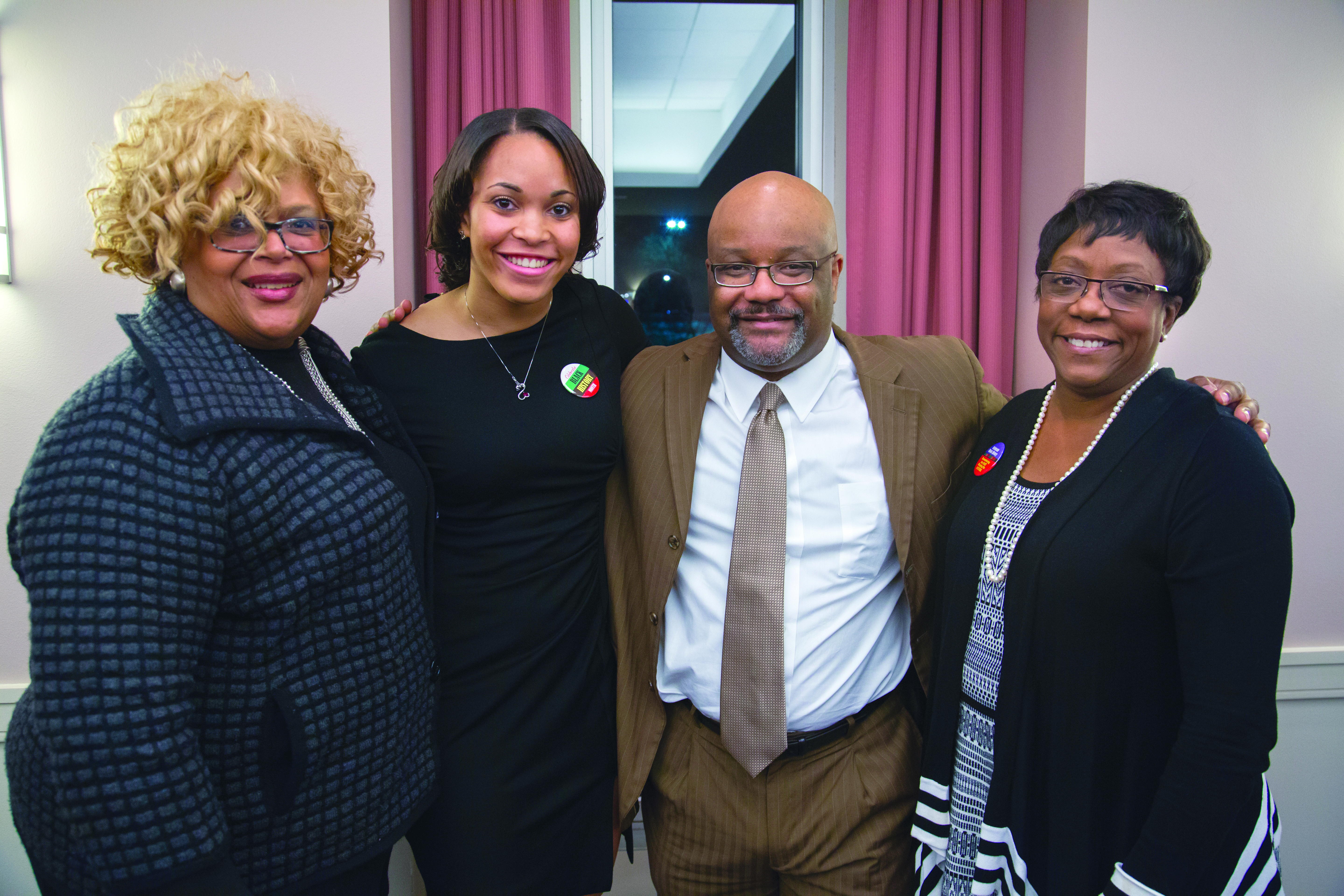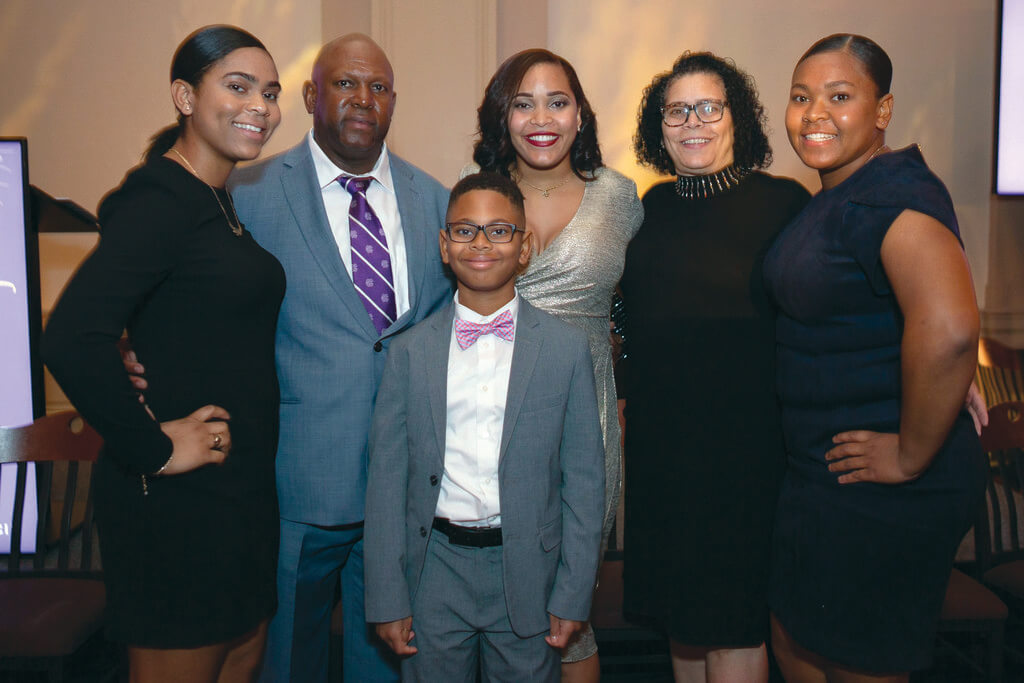The deal was law school.
So, when Fred Shubrick heard of his daughter Payton’s plans to open a cannabis dispensary instead, there was some frustration.
“I told her, ‘Get away from me. Don’t talk to me right now. Our deal was law school,’” Fred Shubrick remembers.
“Saying I wanted to be a lawyer has a certain level of prestige around it. Saying I wanted to be a legal drug dealer and own a cannabis dispensary — well, that was profoundly frustrating for my dad,” Shubrick says. “He grew up in Westchester County, New York, in the ’80s and saw the War on Drugs in real-time. He also saw people brutalized for cannabis use. And I can only imagine what strength it takes to go from that point of view to then support your daughter in this business.”
Fred Shubrick raised his four children in a dry household. No liquor — no smoking, either. He had seen drugs and alcohol harm friends and family. He wanted to shield his children from such things and ensure no opportunities were denied them. A strategic thinker, Fred Shubrick named his three daughters Payton, Jordyn and Taylor to ensure they’d avoid sexual discrimination by those who’d judge a person based on a feminine first name. He believed in their ability to do whatever they wanted in life and envisioned his children coming into careers requiring an advanced education and entrepreneurial spirit.
Just not in the cannabis business.
Since opening her business, Shubrick has become a national figure, one of the youngest Black, female owners and operators of a cannabis business — 6 Brick’s Cannabis Dispensary in her hometown of Springfield, Massachusetts. Such descriptors, though, don’t begin to approach what a statistical anomaly Shubrick is. Google “young, Black, female entrepreneurs operating cannabis businesses in the United States.” You won’t get staggering numbers, or even single-digit statistics. Instead, you’ll be served a list of girl-boss stories such as: “6 Women on the Highs and Lows of Working in Weed” or “9 Pioneering Black Women Transforming the US Cannabis Industry.”
“Transforming” is a reach. Black Americans own only about 2% of the cannabis companies in an industry expected to generate $32.4 billion in 2024. In Massachusetts, the number of women-owned cannabis businesses hovers around 10%. Shubrick holds one of just four licenses in Springfield, the state’s third-largest city (behind Boston and Worcester) with a population of more than 155,000.
“IT GIVES YOU FREEDOM”
Massachusetts voters approved adult-use cannabis in 2016. At the time, Shubrick was working at MassMutual, a life insurance and financial services company, and interning for a member of the Springfield City Council. She had a courtside seat at discussions about how the city would approach the legalized recreational-use cannabis industry. She could see that the industry would generate millions for those entrepreneurs who were able to get a license. Why shouldn’t their family and Springfield benefit? Shubrick asked her father.
Fred Shubrick came around. In fact, 6 Brick’s is a family-run business with Fred filling the role of head of facilities and expansion. Shubrick’s younger sister Taylor is head of marketing and community responsibility. Mom, Dawn, is the executive secretary. They opened 6 Brick’s in 2022, after three years of applications, permits, capital raising and countless meetings with civic organizations either interested in or apprehensive about the business.






